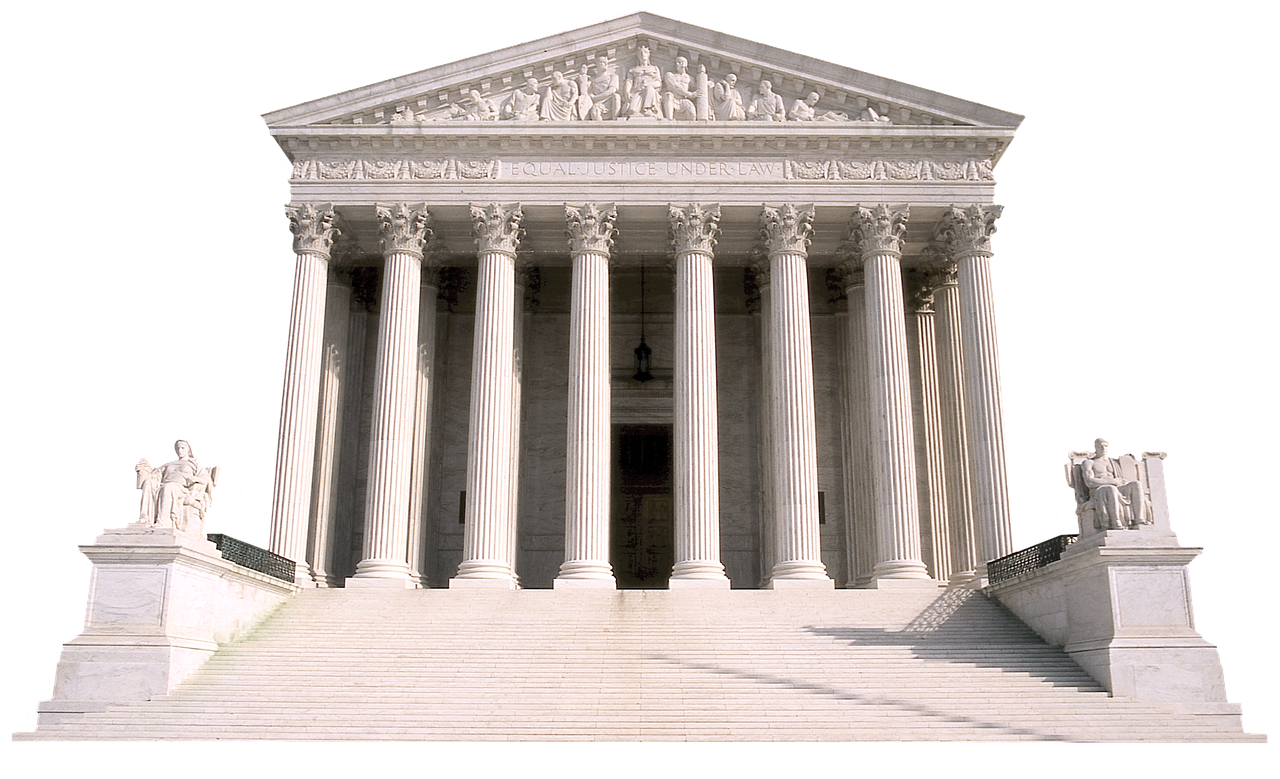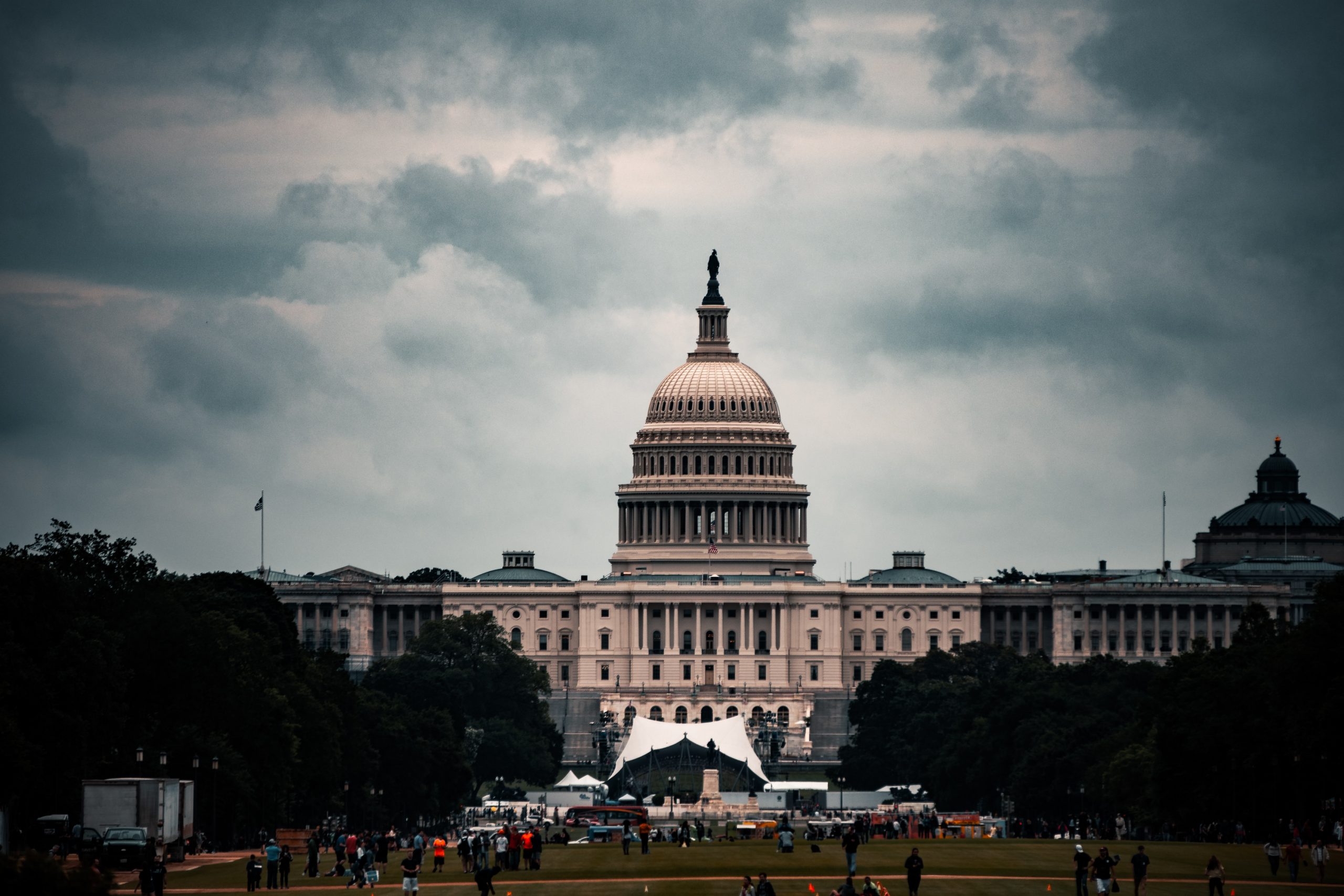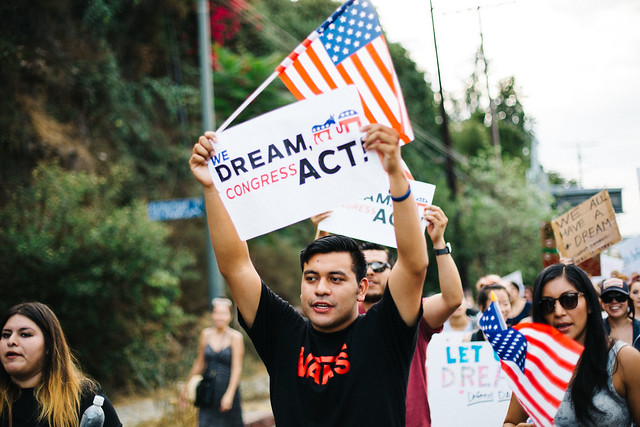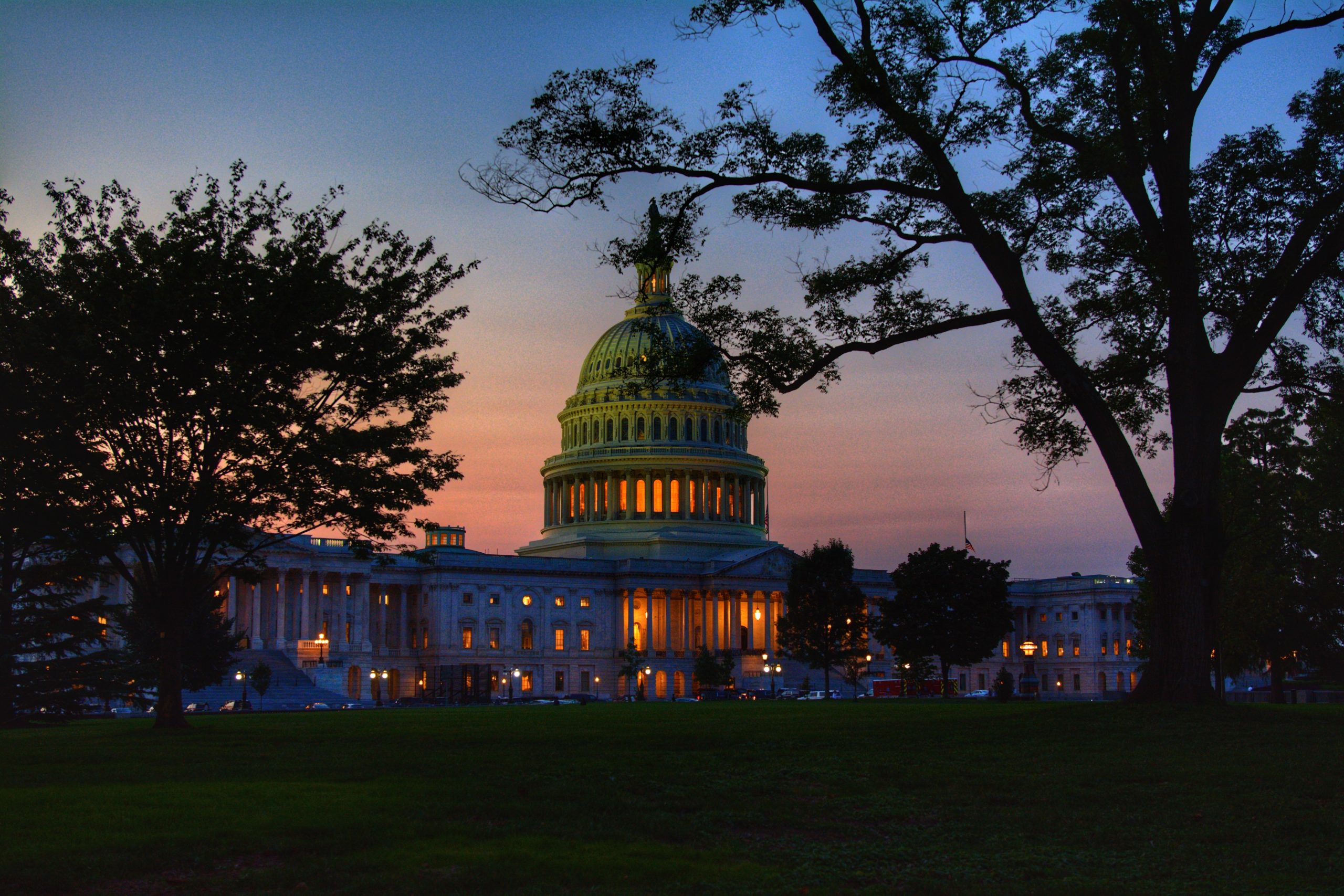 The recent Supreme Court decisions handed down in Loper Bright v. Raimondo and Relentless, Inc. v. Dep’t of Commerce, have overturned a longstanding rule known as the “Chevron” doctrine, which eliminates the need for federal courts to defer to federal agency decisions and regulations moving forward. This move essentially strips power away from federal agency interpretations of the law and gives it back to the courts.
The recent Supreme Court decisions handed down in Loper Bright v. Raimondo and Relentless, Inc. v. Dep’t of Commerce, have overturned a longstanding rule known as the “Chevron” doctrine, which eliminates the need for federal courts to defer to federal agency decisions and regulations moving forward. This move essentially strips power away from federal agency interpretations of the law and gives it back to the courts.
This is positive news in the world of immigration, considering that a federal agency’s interpretation of the Immigration and Nationality Act (INA) will no longer automatically prevail when litigating cases in court and filing immigration challenges to visa denials.
This will benefit many immigrants and businesses who for many years have been blocked by federal agencies from obtaining employment-based visas and green cards based on ambiguous agency interpretations of their cases.
For instance, in removal cases, those seeking review of decisions previously made by immigration judges’ or the Board of Immigration Appeals (BIA) will now have a clean slate, since courts no longer have to rely on an agency’s standpoint and can now interpret unclear laws with a new set of eyes.
These rulings could also pave the way for new litigation to be filed to defend challenges to previous visa denials. Where interpretations of the law once made by the U.S. Citizenship and Immigration Services (USCIS) were automatically upheld in court, they will now be challenged forcefully.
U.S. employers seeking a favorable interpretation of a statute granting H-1B or L visa classification to a noncitizen worker may also have greater opportunities to argue their cases in court and win on behalf of their clients.
 Visa Lawyer Blog
Visa Lawyer Blog





